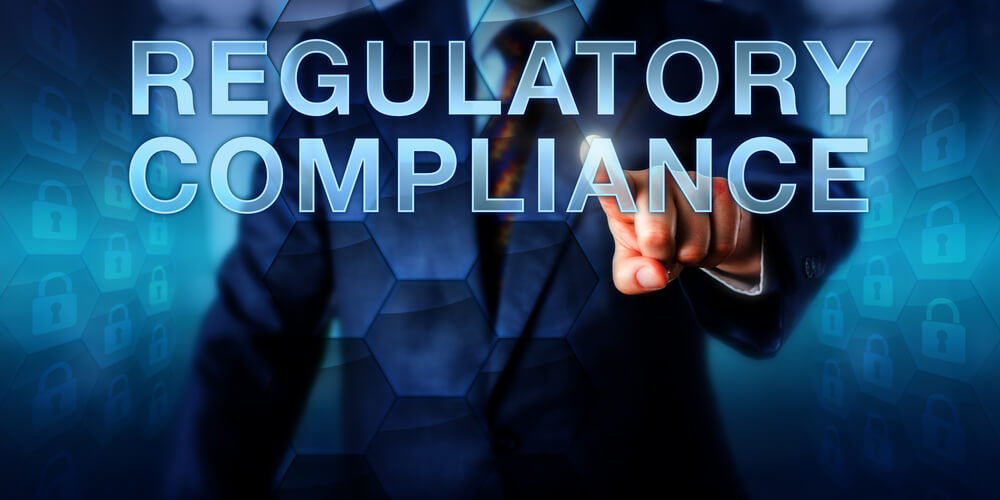Regulatory Legal Compliance is the process of ensuring that an organization is following the rules and best practices for their industry. It helps to protect consumers, workers, and the environment from harm by ensuring your organization operates within legal boundaries. However, keeping up with regulations is a problem for many companies. Read on for more information on Regulatory compliance!
What is Regulatory Compliance?
Legal compliance is the process of ensuring that all laws and regulations are adhered to. It involves developing a comprehensive set of policies and procedures and a system for monitoring compliance with those policies and procedures. This process can be expensive, but it’s also necessary—and worth the cost. One thing to keep in mind: Compliance isn’t just about following the rules; it’s about doing things right to ensure that your company does not open itself up to increased risk from lawsuits or fines from regulatory agencies.
Why is Regulatory Compliance Important?
Legal compliance is an essential aspect of running a company in any industry. It’s the reason that companies need to follow specific rules and regulations, like complying with workplace safety standards and conducting annual audits.
Governments put regulations to ensure that companies follow the guidelines set forth by those laws, allowing them to remain competitive while maintaining a level playing field for all organisations involved. In addition, it helps protect consumers from unsafe products or services offered by unqualified providers.
Consequences of Defaulting on Compliance
There are several potential consequences if a company does not comply with regulatory requirements:
- Loss of license: Failure to comply with regulations can result in a loss of license.
- Loss of reputation: A lack of compliance can cause reputational damage to your brand and business, which can impact all aspects of your operations. This can lead to the loss of customers, employees, and business partners.
- Loss of business: Non-compliance could lead to fines or penalties that ultimately lead to financial trouble for the company in question.
What to consider while choosing Legal Partners to Assist in Compliance
Choosing the right legal partner can make all the difference when it comes to compliance. It’s crucial that your chosen law firm has a track record of assisting clients with similar requirements and that they have strong knowledge of regulatory compliance issues in your industry. You must also be comfortable with the lawyer or team you choose, as they will work closely with you throughout this process.
Tips for Keeping up with Regulations
It’s crucial to stay up-to-date on the latest regulatory changes in your industry. This can be a challenge, as regulators are often slow to release information, and it’s easy to miss important details when you’re busy running your business. Consider hiring an internal compliance team or consulting with external experts whenever you’re faced with new regulations for the first time.
Your company needs to have a good understanding of how compliance will affect it. If you’re unsure what your responsibilities are in relation to a particular issue or rule, ask around until you find someone with some insight into this area. Once you understand these requirements fully, make sure that everyone working at your company understands them as well. This will help ensure that everyone is working towards meeting those expectations by ensuring they know what needs doing when it needs doing and why it needs doing (and whether any exceptions might apply).
Keeping ahead of ever-changing regulations across industries worldwide requires being able to respond quickly when there are changes made available by regulators (e-mail alerts) and staying alert for news reports about regulation changes made publicly available.

